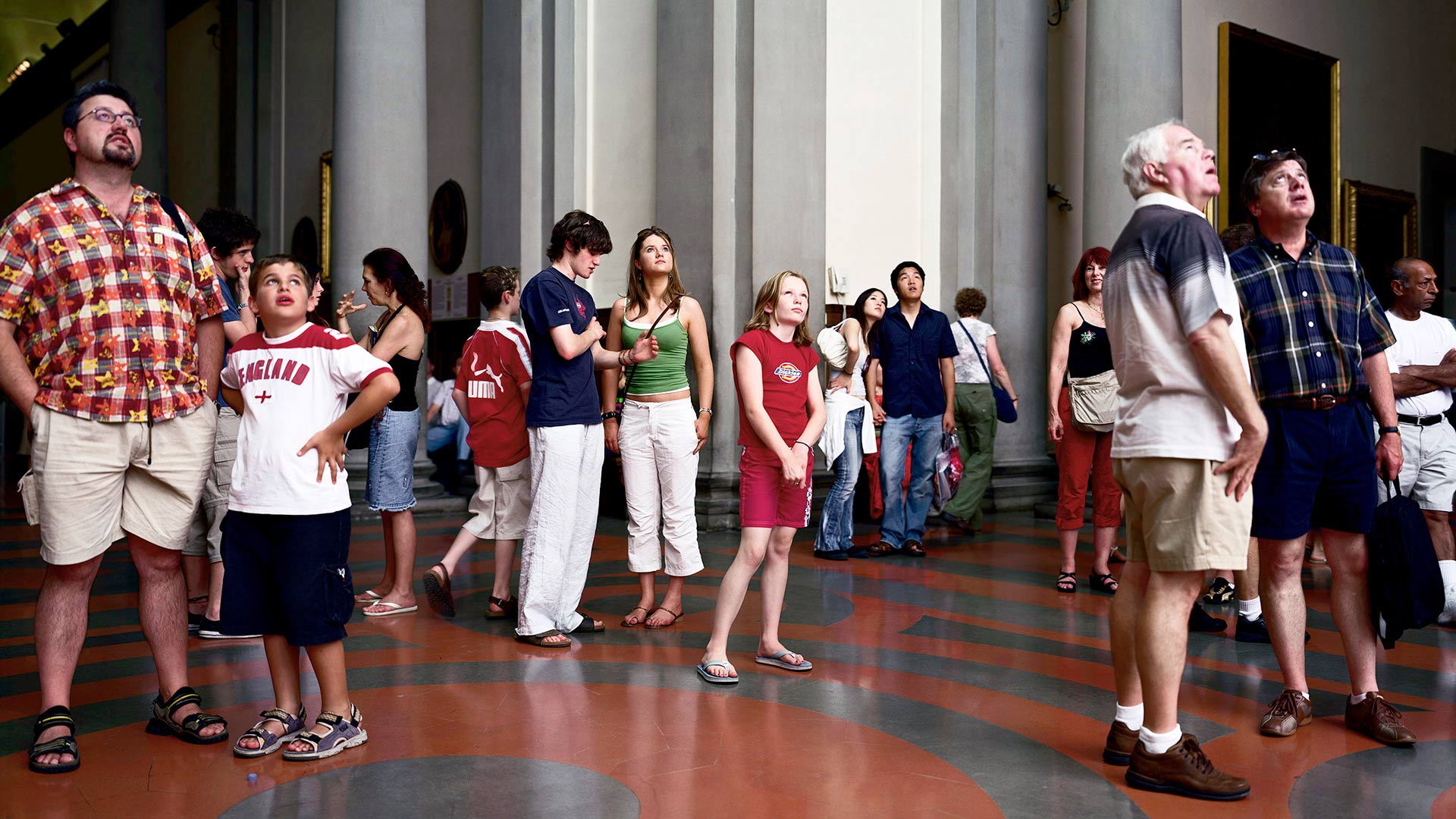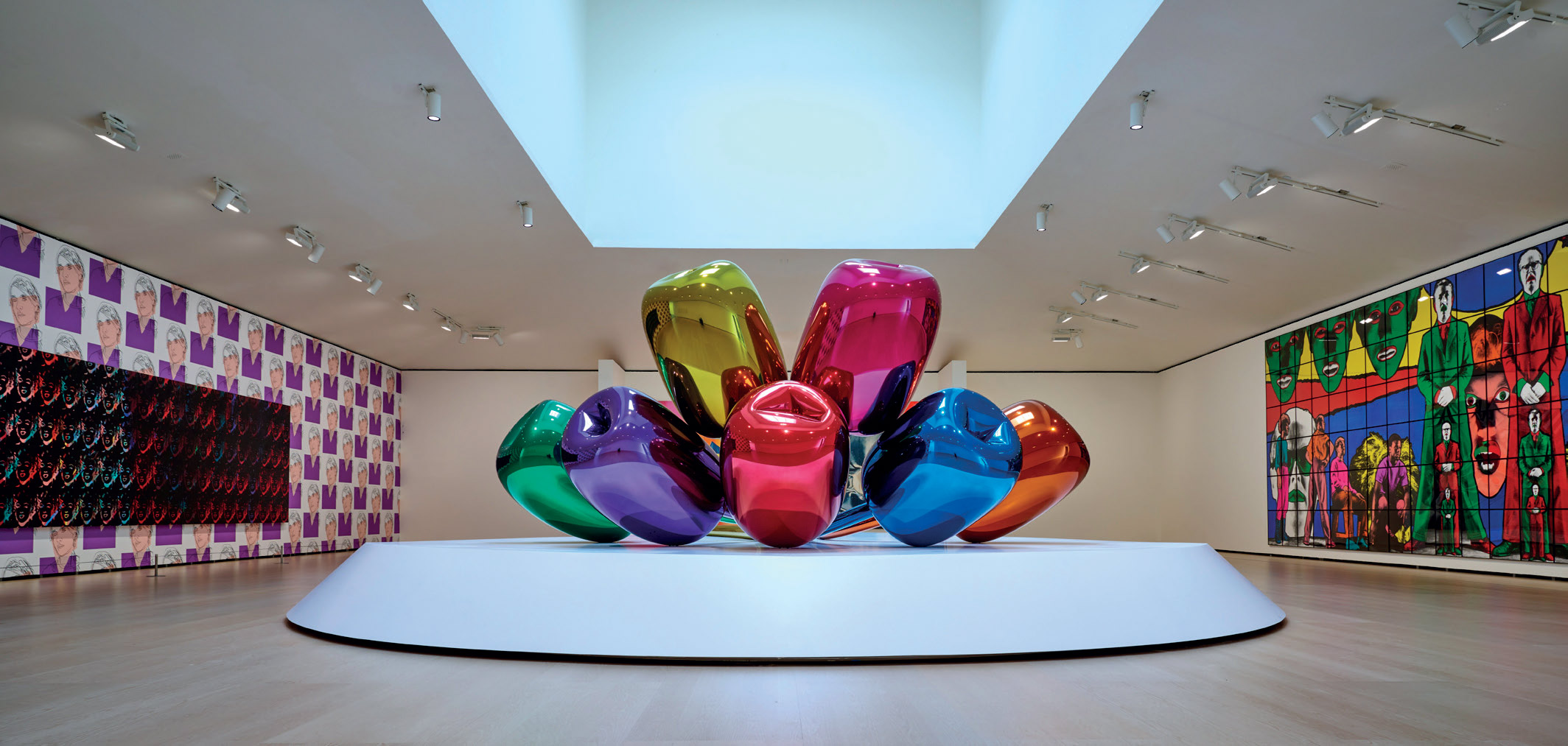
NEW! Online Art Courses: The Emergence of Photography and its Presence in Contemporary Art
Admission
€60 Museum Members / €80 general public
Would you like to get an overview of the history of photography and how it entered the art scene, becoming a discipline in its own right? In this course, you can follow the development of photography, learning about photographers and techniques, from 19th-century Daguerreotype to the present.
Conducted by: Jon Uriarte, photographer and exhibition curator, currently working on the digital transformation of images on the Internet
Target audience: people 18+ interested in contemporary art
Type of course: online
Structure: 4 modules, 16 video lessons, additional resources
Workload: 6 hours (at your own pace)
Language: Spanish
Certification: Upon completion of the course, participants will get a certificate
What will you learn in this course?
- Overview of the history of photography, from the earliest forms to the present.
- Most popular photography techniques, from Daguerreotype to digital photography.
- The importance of photography and how it slowly became part of the art world. Considered as a mere tool for creation at first, it came to be a form of art in its own right.
- Selected works from art photography and related industries like fashion, where photography plays a fundamental role.
CONTENTS
The course will be divided into four thematic modules, with examples by photographers and other artists.
Module I: The Origins of Photography; Timeline
The development of photography from the 16th-century camera obscura to 19th-century Daguerreotype and calotype to “You Press the Button, We Do the Rest”.
Video 1: The camera obscura and studies in optics
Video 2: The invention of Daguerreotype and the birth of photography
Video 3: The close relationship of photography with books and cinema.
Video 4: Camera mass production and new ways of relating to images
Module II: The Emergence of Photography in Art
For a long time, photography was neglected as a mere tool for the representation of reality, used by artists for technical support. Over time, little by little, it became part of the art world and, since the 1980s, it has been considered a form of art in its own right. The videos in this module illustrate these developments.
Video 1: Imogen Cunningham, Diane Arbus.
Video 2: Alfred Stieglitz, Seydou Keïta
Video 3: Andy Warhol, Nan Goldin
Video 4: Bernd & Hilla Becher, Thomas Struth
Module III: Photography and Fashion
The relationship between photography and fashion dates back to the 19th century, when the first photos of garments for advertising purposes were taken. It became stronger with the emergence of the first fashion magazines in the 1920s. Throughout the 20th century, renowned photographers added their creative touch to fashion photography, leading to its development. The videos in this module illustrate this.
Video 1: Richard Avedon
Video 2: Helmut Newton
Video 3: Louise Dahl-Wolfe
Video 4: Corinne Day
Module IV: Art Photography in the Digital Age
The widespread use of smartphones led to the democratization of digital photography. This changed the nature of art photography, its relevance to artistic creation, and the role played by photographers. To this we should add the current discussion of the digital transformation of images on the internet. The videos in this module illustrate these developments.
Video 1: Andreas Gursky
Video 2: Paul Pfeiffer
Video 3: Penelope Umbrico
Video 4: ImageNet
Thomas Struth (Geldern, Germany, 1954)
Audience 1, Florence, 2004
Chromogenic print
Ed. 7/10
179.5 x 286.5 cm
Guggenheim Bilbao Museoa
© Thomas Struth, Bilbao 2024
Admission
€60 Museum Members / €80 general public
